Why Postman(developer) Might not be the Best Choice for College Students?
Tools like EchoAPI, Insomnia, and RESTer offer quick onboarding, less cognitive load, and greater resource efficiency, making them better suited for the demands of academic life.
In today’s fast-paced academic environment, college students are often juggling multiple responsibilities with limited time. The need for tools that enable quick and efficient iteration is crucial, as students must balance coursework, projects, and sometimes even part-time jobs.
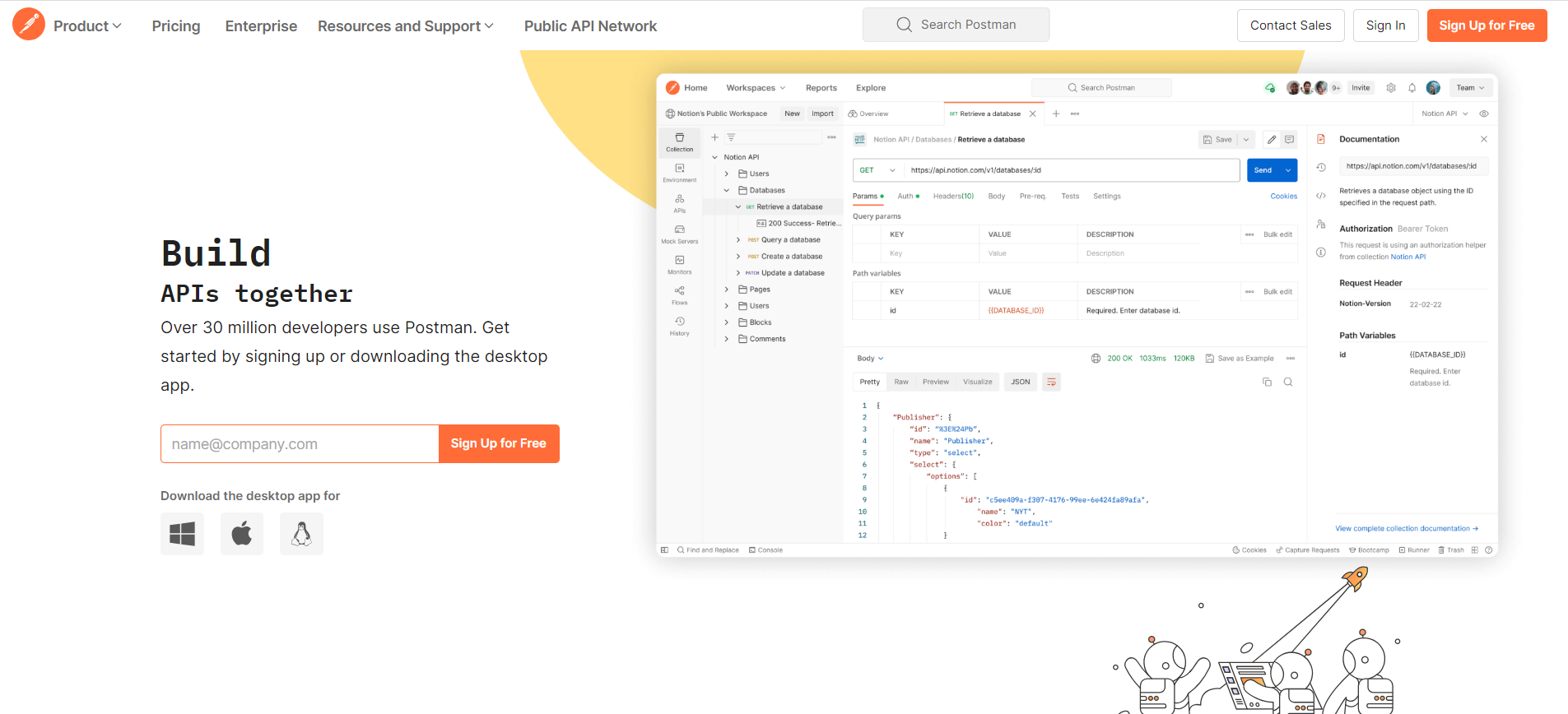
While Postman is a robust and feature-rich API testing tool, it may not be the best fit for those who prioritize simplicity and efficiency over complex, advanced features. Here’s why:
Overly Complex for Simple Needs
Usability Hurdles:
The abundance of features in a tool like Postman can actually make it more difficult to navigate. When a simpler tool can achieve the same results, there’s little reason to spend time and effort mastering a more complex one. It’s akin to choosing a basic calculator for simple math tasks instead of a scientific calculator loaded with functions you’ll never use.
By focusing on the essentials, a straightforward tool can make the workflow more manageable, reducing unnecessary complexity and allowing students to focus on the tasks that truly matter.
Unnecessary Features:
Postman comes with a wide range of advanced functionalities, including automated testing, environment configurations, and API monitoring. However, for college students, tasks might be much simpler, such as testing basic API calls or completing assignments. Many of Postman’s features may feel excessive, adding complexity without providing significant benefits for specific needs. College students need tools that are “just right” for their needs—neither too complex nor too basic.
The Paradox of Choices
For a beginner, everything is new—new terms, new features, new workflows. When using a tool like Postman, which is packed with advanced features and technical jargon, the learning curve can become steep. Each unfamiliar term or function adds to the cognitive load, making it harder to grasp the basics.
When faced with multiple features and options, a beginner might struggle to decide which one to use, especially without a full understanding of their purpose. This can lead to confusion, second-guessing, and inefficient use of time. Instead of focusing on learning and applying core concepts, energy is spent navigating through unnecessary complexity, which can hinder progress and make the learning process more frustrating than it needs to be.
Resource Intensity
The complexity of Postman not only challenges usability but also demands significant system resources. For college students who often work on laptops or older devices, this can be a significant drawback. Running Postman might slow down your system, especially when multitasking with other applications like coding environments, web browsers, or word processors.
The heavy resource demand can lead to lag, longer load times, and a generally sluggish experience, which can be frustrating when you're trying to work efficiently. For students who need to quickly test APIs without straining their device's performance, a lighter, more streamlined tool could offer a smoother and more responsive experience, allowing them to focus on their tasks without unnecessary delays.
The Benefits of Using Simpler Tools🦉
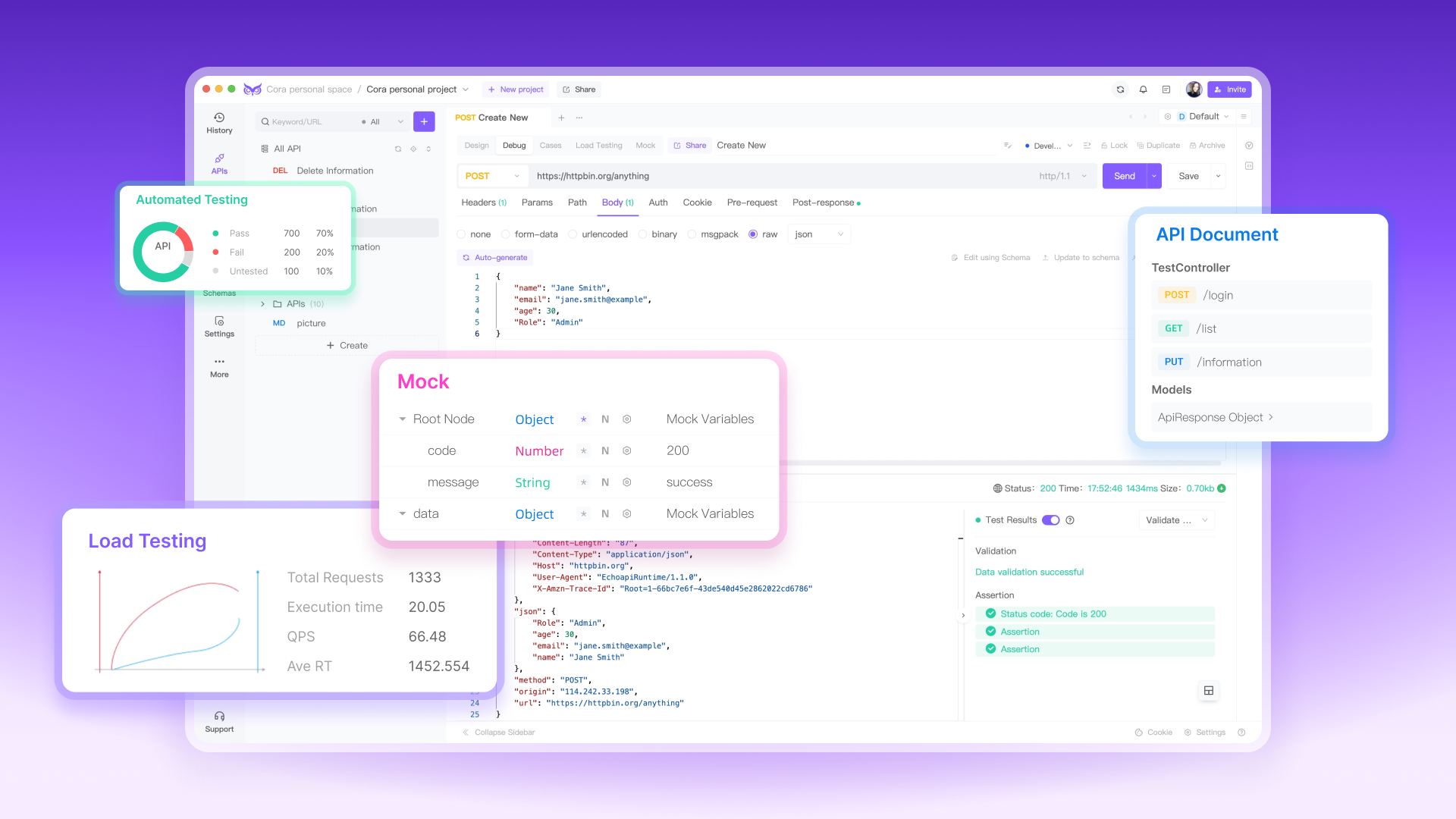
Streamlined for Intuitive Use
Simpler tools, by focusing on essential functionalities, effectively counter the complexity and resource demands that Postman imposes. These tools offer a more intuitive user experience, allowing students to bypass the overwhelming array of features that can complicate and slow down their workflow.
Just as Robinhood’s straightforward interface simplifies investment management by stripping away unnecessary complexities, a simpler API testing tool can streamline tasks, reduce learning curves, and save valuable time, making it easier for students to stay productive and focused on what truly matters.
Less is More
When managing a heavy workload, using a tool that offers exactly what’s needed—and nothing more—can be incredibly freeing. A leaner tool with fewer, more targeted options eliminates the clutter that can overwhelm the interface and slow down the workflow. By reducing the cognitive load, it becomes easier to focus on the task at hand and move through work more efficiently.
For students, having a tool that does a few things really well might be more beneficial than one that does everything but is cumbersome to use. Less truly is more.
Faster Onboarding:
When time is of the essence, a tool that’s easy to learn and quick to use allows students to focus on their main objectives without getting bogged down by unnecessary learning curves. If Postman’s complexity slows down the process, it might be worth considering whether a more streamlined alternative would better meet the needs.
Resource Efficiency
Unlike resource-heavy applications like Postman, simpler tools use less memory and processing power, allowing a system to operate smoothly even when multitasking. Whether coding, meeting, or writing, the lower resource demands of simpler tools ensure a fast and responsive workflow. This efficiency allows students to stay focused on their tasks, free from the frustrations of system slowdowns or crashes. In an academic setting where time and productivity are critical, such reliability becomes essential, enabling students to complete their work without unnecessary interruptions.
Easy Onboarding API Testing Tools
EchoAPI🦉
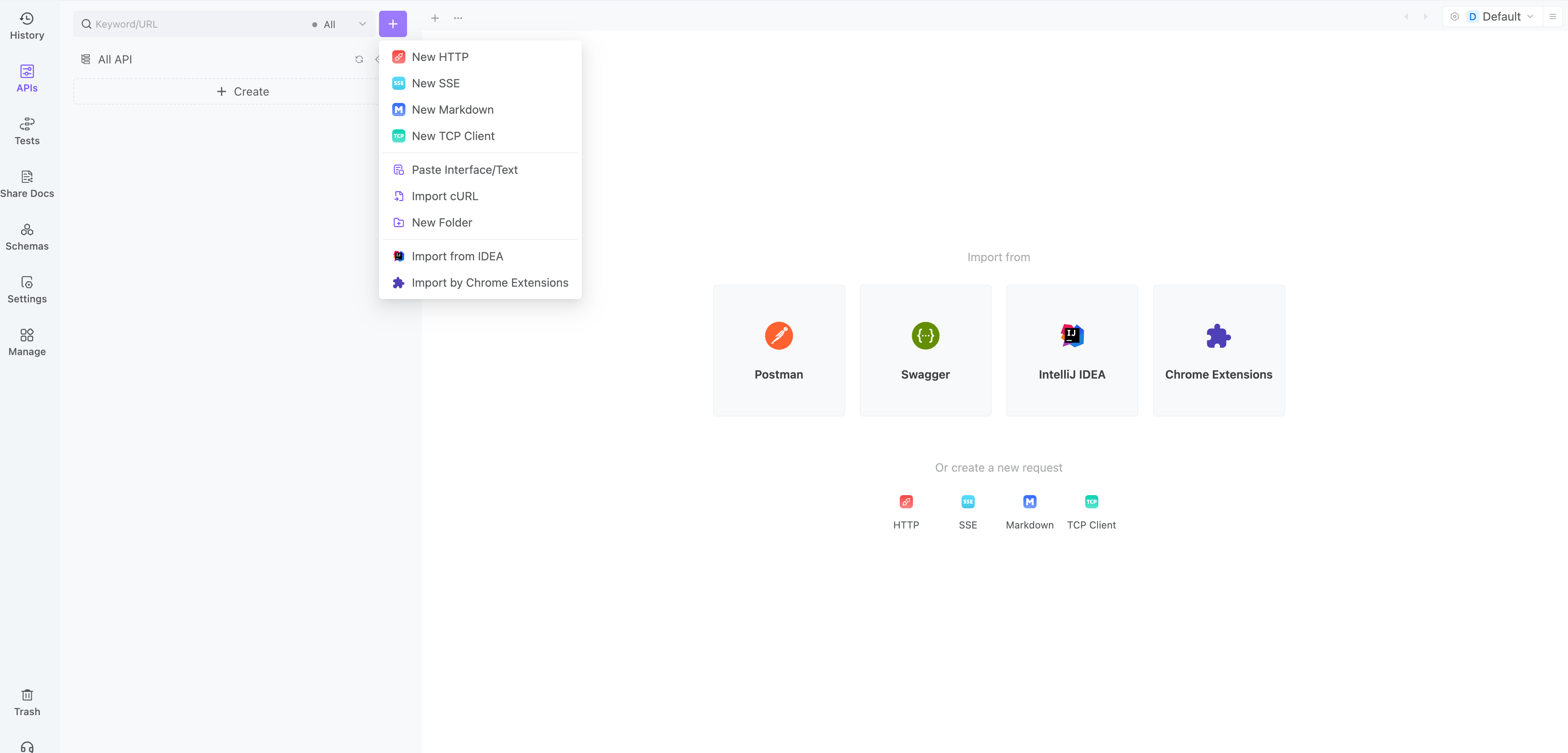
EchoAPI is an API testing tool recognized for its simplicity and ease of use, making it particularly appealing to users who find other tools overly complex.
User-Friendly Interface:
The tool’s interface is designed to be straightforward, with all essential features easily accessible, minimizing the learning curve.
Localized Support:
EchoAPI provides excellent local support and documentation, making it easier for students to understand and use.
Integrated Collaboration:
EchoAPI includes built-in team collaboration features that are easy to use, even for those new to API testing.
Insomnia🌙
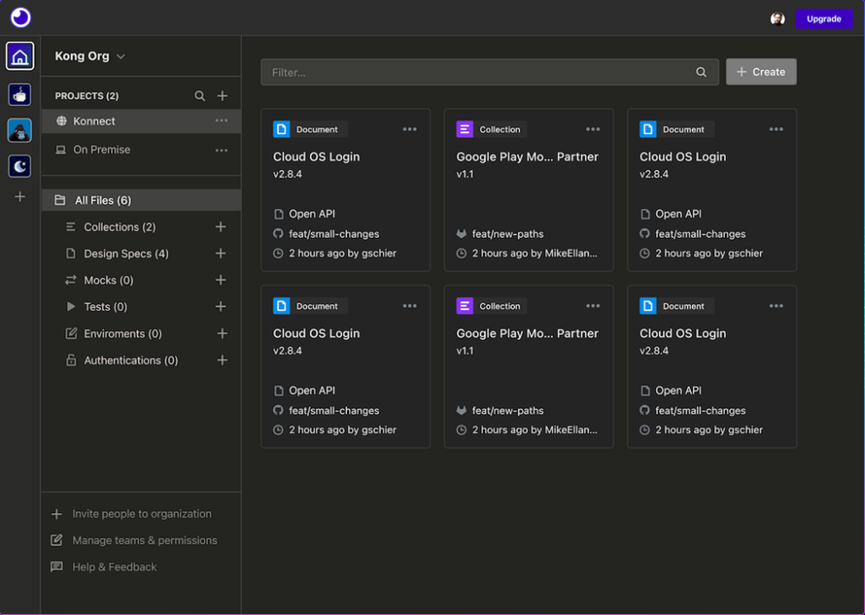
Insomnia is an API testing tool known for its simplicity and intuitive interface. It focuses on providing a streamlined experience for RESTful and GraphQL API testing.
Simple Interface:
Insomnia’s clean and minimalist design makes it easy for beginners to navigate.
Quick Setup:
The tool is easy to install and doesn’t require a lot of configuration, allowing users to start testing APIs almost immediately.
Comprehensive Documentation:
Insomnia offers clear, well-organized documentation that helps users quickly understand how to use the tool effectively.
RESTer🌒
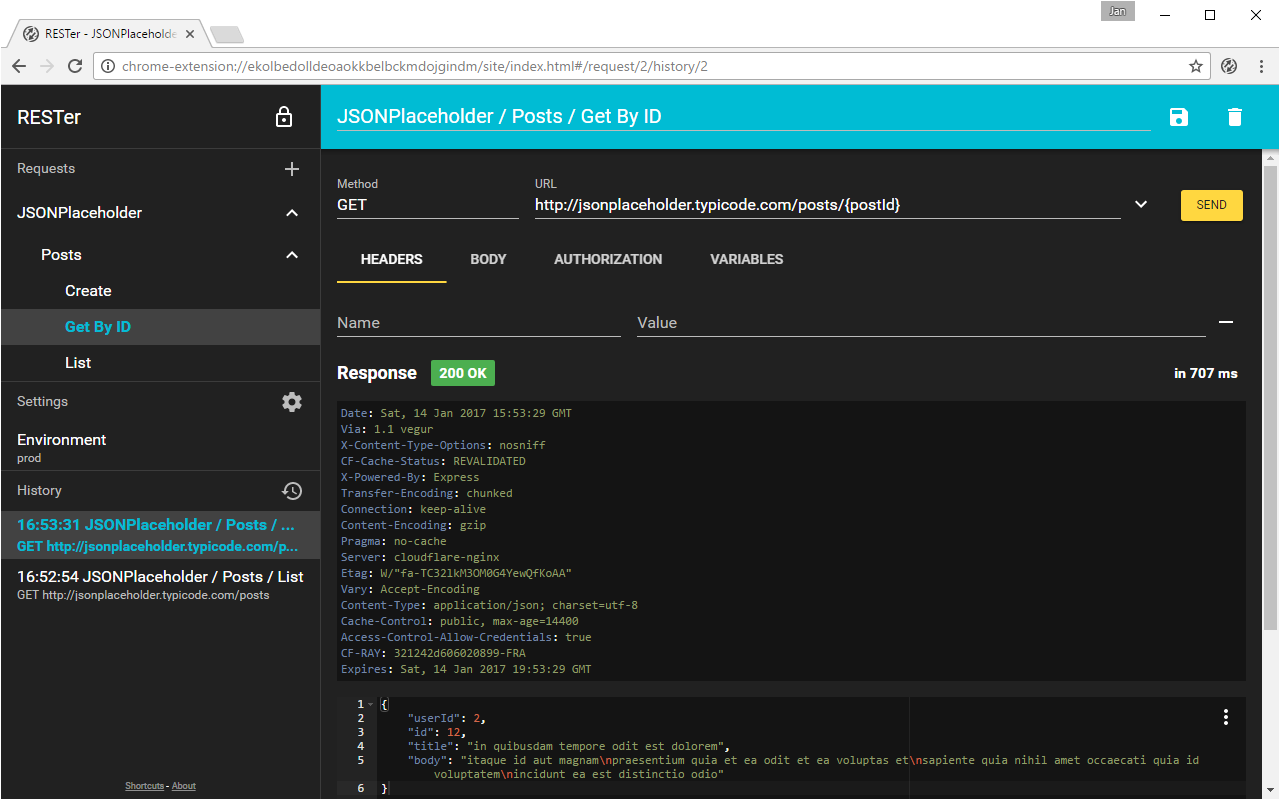
RESTer is a browser-based API testing tool available as an extension for web browsers like Firefox and Chrome.
Note: This extension may soon no longer be supported because it doesn't follow best practices for Chrome extensions.

Simple Functionality:
RESTer focuses on the basics, offering a straightforward way to test RESTful APIs without unnecessary features.
Accessibility:
Its integration with the browser makes it highly accessible for students who need a quick and convenient testing solution.
No Installation Required:
Since it’s a browser extension, RESTer doesn’t require any installation or setup, making it an easy choice for quick API testing.
Conlusion
In summary, while Postman is a powerful tool for seasoned developers, its complexity can be a significant barrier for college students who need simplicity and efficiency. As students juggle coursework and other responsibilities, a streamlined, user-friendly API testing tool can enhance productivity without overwhelming them. Tools like EchoAPI, Insomnia, and RESTer offer quick onboarding, less cognitive load, and greater resource efficiency, making them better suited for the demands of academic life. Ultimately, choosing a simpler tool allows students to focus more on learning and applying their skills, ensuring they can navigate their educational journey with ease.




 EchoAPI for VS Code
EchoAPI for VS Code

 EchoAPI for IntelliJ IDEA
EchoAPI for IntelliJ IDEA

 EchoAPl-Interceptor
EchoAPl-Interceptor

 EchoAPl CLI
EchoAPl CLI
 EchoAPI Client
EchoAPI Client API Design
API Design
 API Debug
API Debug
 API Documentation
API Documentation
 Mock Server
Mock Server









